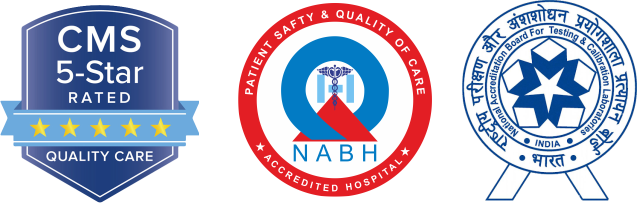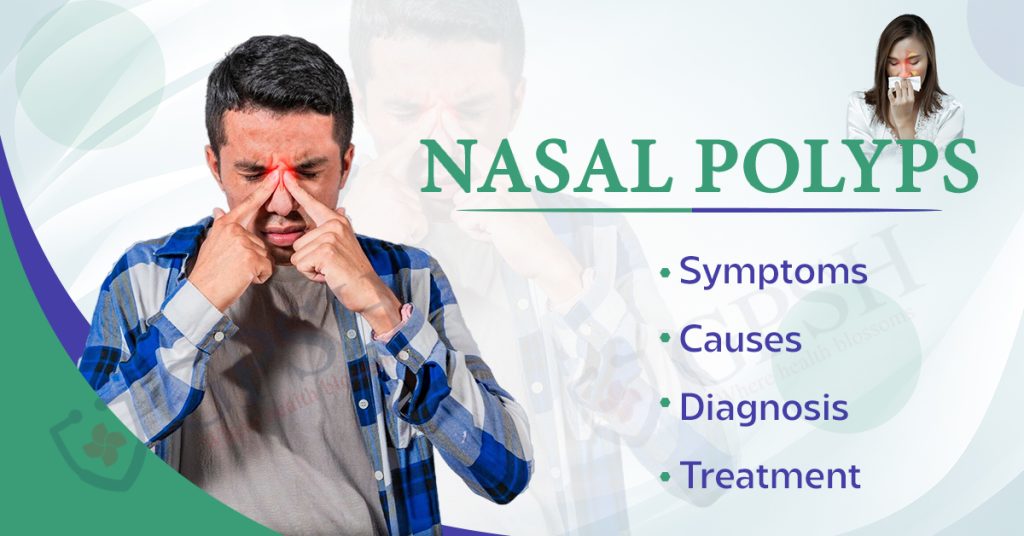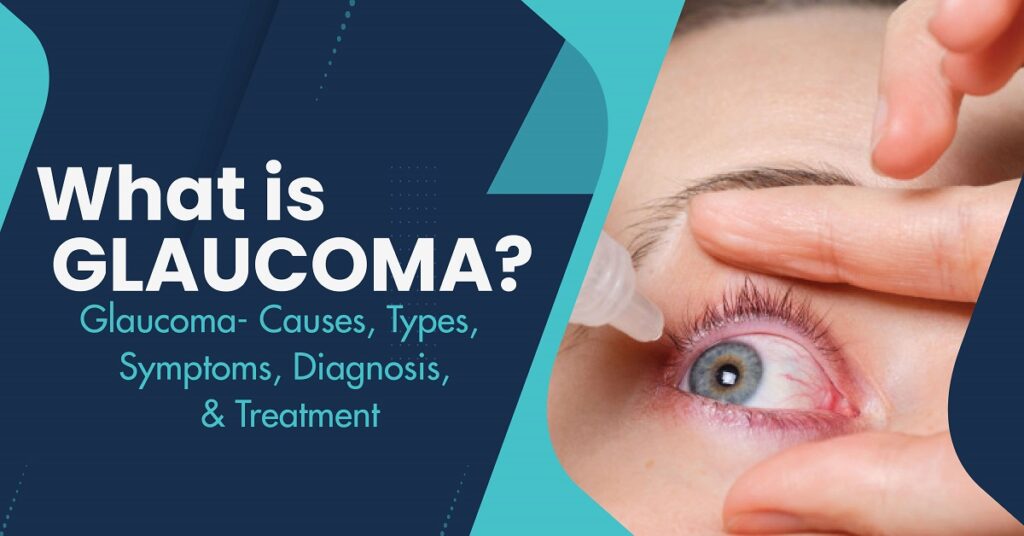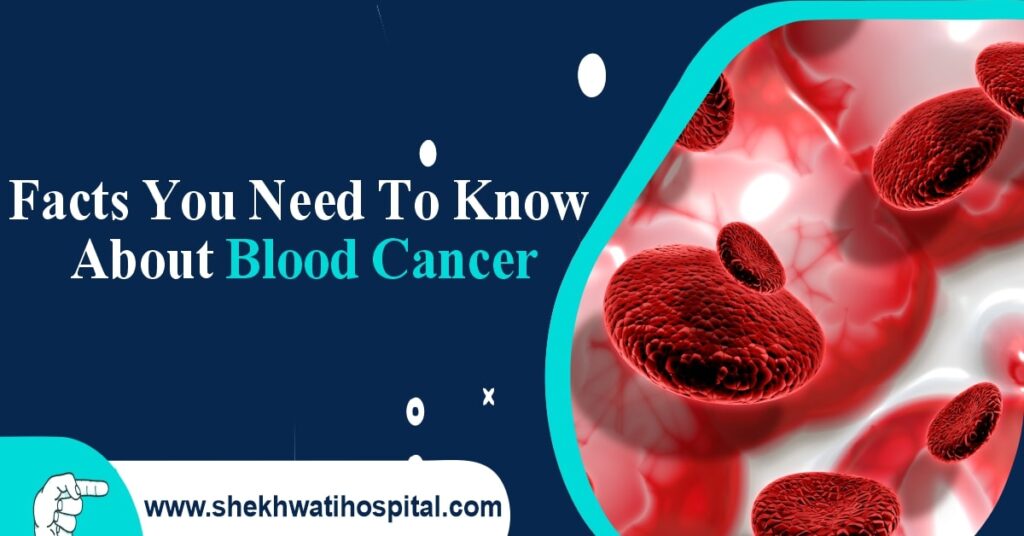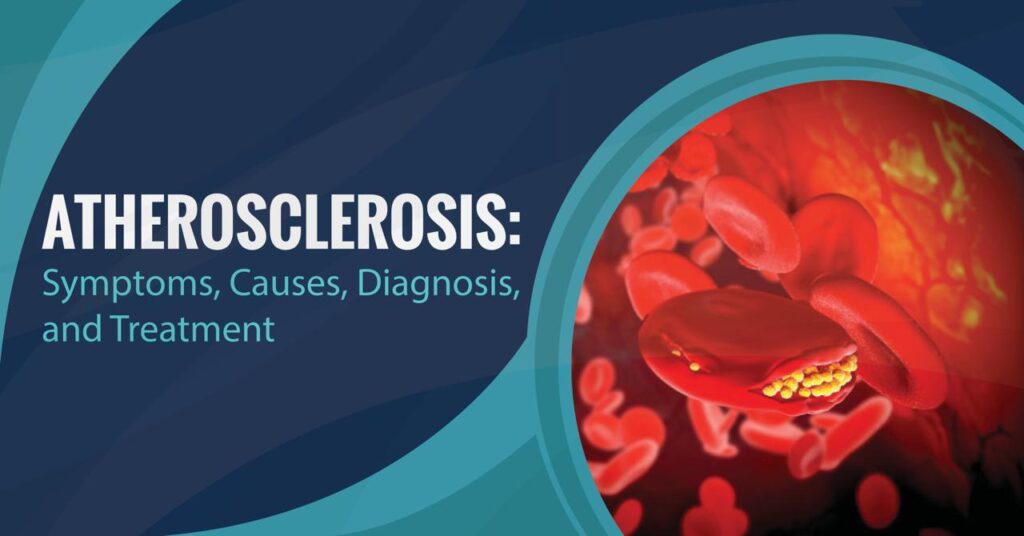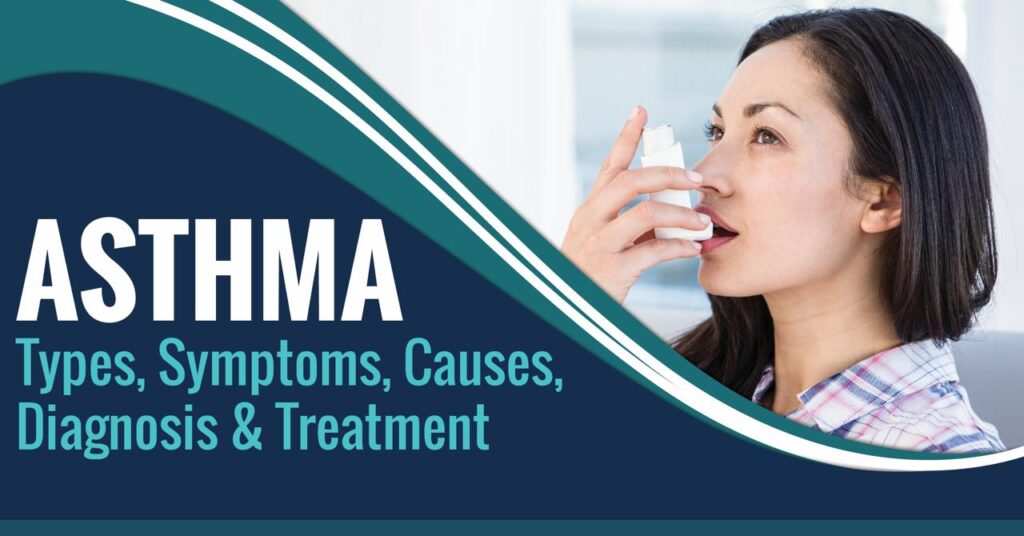Introduction
Nasal polyps are noncancerous growths that develop on the nasal passages or sinus lining due to chronic inflammation. They can cause significant discomfort and lead to a range of symptoms, including nasal congestion, loss of smell, and sinus infections.
Understanding nasal polyps involves exploring their symptoms, which can vary from mild to severe, and their causes, often linked to conditions like asthma, allergies, and chronic sinusitis. Accurate diagnosis typically requires a combination of physical examinations, imaging studies, and sometimes nasal endoscopy.
Treatment options range from medications to manage inflammation and shrink the polyps to surgical interventions for more persistent cases. In this comprehensive guide, we will delve into the symptoms, causes, diagnostic methods, and treatment options for nasal polyps, providing a thorough understanding of this condition and how it can be effectively managed.
What is Nasal Polyps?
Nasal polyps are benign, teardrop-shaped growths of inflamed tissue that arise from the mucosal lining of the nasal passages and paranasal sinuses. They are characterized by edematous stroma, an infiltration of inflammatory cells, and are often associated with chronic rhinosinusitis. Nasal polyps can obstruct normal airflow and drainage within the sinuses, leading to nasal congestion, reduced sense of smell, and recurring sinus infections.
You can read also:- 10 Tips to Avoid Dehydration this Summer
Symptoms of Nasal Polyps
Common symptoms of nasal polyps include:
- Nasal Congestion: Persistent stuffiness that may not improve with over-the-counter medications.
- Runny Nose: Chronic dripping or drainage from the nose.
- Postnasal Drip: Sensation of mucus running down the back of the throat.
- Decreased Sense of Smell: Partial or complete loss of sense of smell.
- Reduced Sense of Taste: Diminished ability to taste.
- Facial Pain or Headache: Pressure or pain in the forehead, cheeks, or around the eyes.
- Snoring: Noisy breathing during sleep.
- Frequent Nosebleeds: Regular or recurring nosebleeds.
Nasal Polyps Causes
Nasal polyps develop due to chronic inflammation in the nasal passages and sinuses. While the exact cause of this inflammation isn’t always clear, several factors and conditions are associated with an increased risk of developing nasal polyps:
- Chronic Sinusitis: Long-term inflammation and infection of the sinuses.
- Asthma: A condition that causes inflammation and narrowing of the airways.
- Allergic Rhinitis: Allergies causing inflammation in the nasal passages, such as hay fever.
- Sensitivity to Aspirin or NSAIDs: Known as aspirin-exacerbated respiratory disease (AERD) or Samter’s triad, which includes asthma, nasal polyps, and sensitivity to aspirin or other NSAIDs.
- Cystic Fibrosis: A genetic disorder that affects the mucus-producing glands and leads to thick, sticky mucus.
- Allergic Fungal Sinusitis: An allergy to airborne fungi.
- Churg-Strauss Syndrome: A rare disease that causes inflammation of blood vessels.
- Genetic Factors: A family history of nasal polyps or other nasal or sinus conditions.
- Immune System Response: Abnormal immune responses to fungal infections or other allergens.
You can read also:- High Cholesterol: Symptoms, Causes and Treatment
Complications of Nasal Polyps
Nasal polyps can lead to several complications, especially if they grow large or occur in clusters. These complications can affect the quality of life and may require medical attention. Common complications include:
- Obstructive Sleep Apnea: Large polyps can block airflow, causing breathing difficulties during sleep, and leading to obstructive sleep apnea.
- Asthma Exacerbations: People with asthma may experience worsening symptoms due to nasal polyps.
- Chronic or Recurrent Sinus Infections: Blockage of nasal passages can result in frequent or long-lasting sinus infections (sinusitis).
- Difficulty Breathing: Large polyps can obstruct nasal passages, making it hard to breathe through the nose.
- Decreased Sense of Smell and Taste: Nasal polyps can impair the senses of smell and taste.
- Facial Pain or Headaches: Pressure from polyps can cause facial pain or headaches.
- Nasal Deformity: In severe cases, large polyps can cause a visible deformity of the nose.
- Mucus Retention Cysts: Polyps can lead to the formation of cysts filled with mucus.
Diagnosis of Nasal Polyps
The diagnosis of nasal polyps typically involves a combination of medical history, physical examination, and diagnostic tests. Here’s how the process usually unfolds:
- Medical History and Symptoms Review:
○ The doctor will ask about your symptoms, their duration, and any related conditions such as allergies, asthma, or sinus infections. - Physical Examination:
○ A physical exam will focus on the nasal passages. The doctor may use a nasal speculum and a light to look inside your nose. - Nasal Endoscopy:
○ This procedure involves inserting a thin, flexible tube with a light and camera (endoscope) into your nasal passages. It provides a detailed view of the inside of your nose and sinuses and helps detect polyps. - Imaging Tests:
○ CT Scan: A CT scan can help visualize the size and location of polyps and the extent of inflammation. It can also show other potential problems like structural abnormalities or infection.
○ MRI: Sometimes used instead of a CT scan, particularly if the doctor needs a more detailed view of soft tissues. - Allergy Tests:
○ Skin tests or blood tests may be performed to determine if allergies are contributing to chronic inflammation and polyp formation. - Test for cystic fibrosis.
○ A child with nasal polyps might have cystic fibrosis, an inherited condition that affects the cells producing mucus, sweat, and digestive juices. To test for cystic fibrosis, a sweat test is performed. During this test, a chemical is applied to the skin to induce sweating. The sweat is then analyzed to detemine if it has a higher salt content than normal. - Biopsy:
○ In rare cases, a small sample of tissue from the polyp may be taken and examined under a microscope to rule out other types of growth, including cancerous ones.
Treatment of Nasal Polyps
The treatment of nasal polyps aims to reduce their size, alleviate symptoms, and address any underlying conditions contributing to their formation. Treatment options include:
Medications
- Nasal Corticosteroids:
○ These are often the first line of treatment. They help reduce inflammation and shrink the polyps. Examples include fluticasone, mometasone, and budesonide. - Oral and Injectable Corticosteroids:
○ For more severe cases, oral corticosteroids like prednisone or injectable corticosteroids may be prescribed. These are usually used for a short duration due to potential side effects. - Medications to Treat Underlying Conditions:
○ Antihistamines: To manage allergies.
○ Antibiotics: If there is a bacterial infection.
○ Antifungal Treatments: For fungal infections. - Biologics:
○ Biologics work by aiming at certain cells or proteins to lessen irritation and swelling. These might be used for people whose nasal polyps keep coming back.
Surgery
● Endoscopic Sinus Surgery: If medications are not effective, surgery may be necessary. During endoscopic sinus surgery, a small tube with a camera (endoscope) is inserted into the nasal passages. The surgeon uses this to remove polyps and clear out the sinuses.
Lifestyle and Home Remedies
- Nasal Irrigation: Rinsing the nasal passages with saline solution can help clear mucus and allergens. Devices such as neti pots or saline sprays can be used.
- Humidifiers: Using a humidifier can add moisture to the air, which may help reduce nasal congestion.
- Avoiding Irritants: Reducing exposure to allergens, tobacco smoke, and other irritants can help prevent inflammation.
Conclusion
Nasal polyps, noncancerous growths resulting from chronic inflammation in the nasal passages and sinuses, can significantly impact one’s quality of life by causing symptoms such as nasal congestion, reduced sense of smell, and frequent sinus infections.
Effective treatment often requires a combination of medications, lifestyle changes, and sometimes surgery to manage symptoms and underlying conditions.
At Shekhawati Hospital, Jaipur, the management and treatment of nasal polyps fall under the Otolaryngology (ENT) department, where specialized care is provided to address these and other ear, nose, and throat issues.
In today’s medical discussions, the focus often includes advancements in minimally invasive surgical techniques, the role of biologics in treatment, and the importance of addressing environmental and lifestyle factors to prevent recurrence. Through comprehensive and personalized care, patients can achieve significant relief and improved health outcomes.

